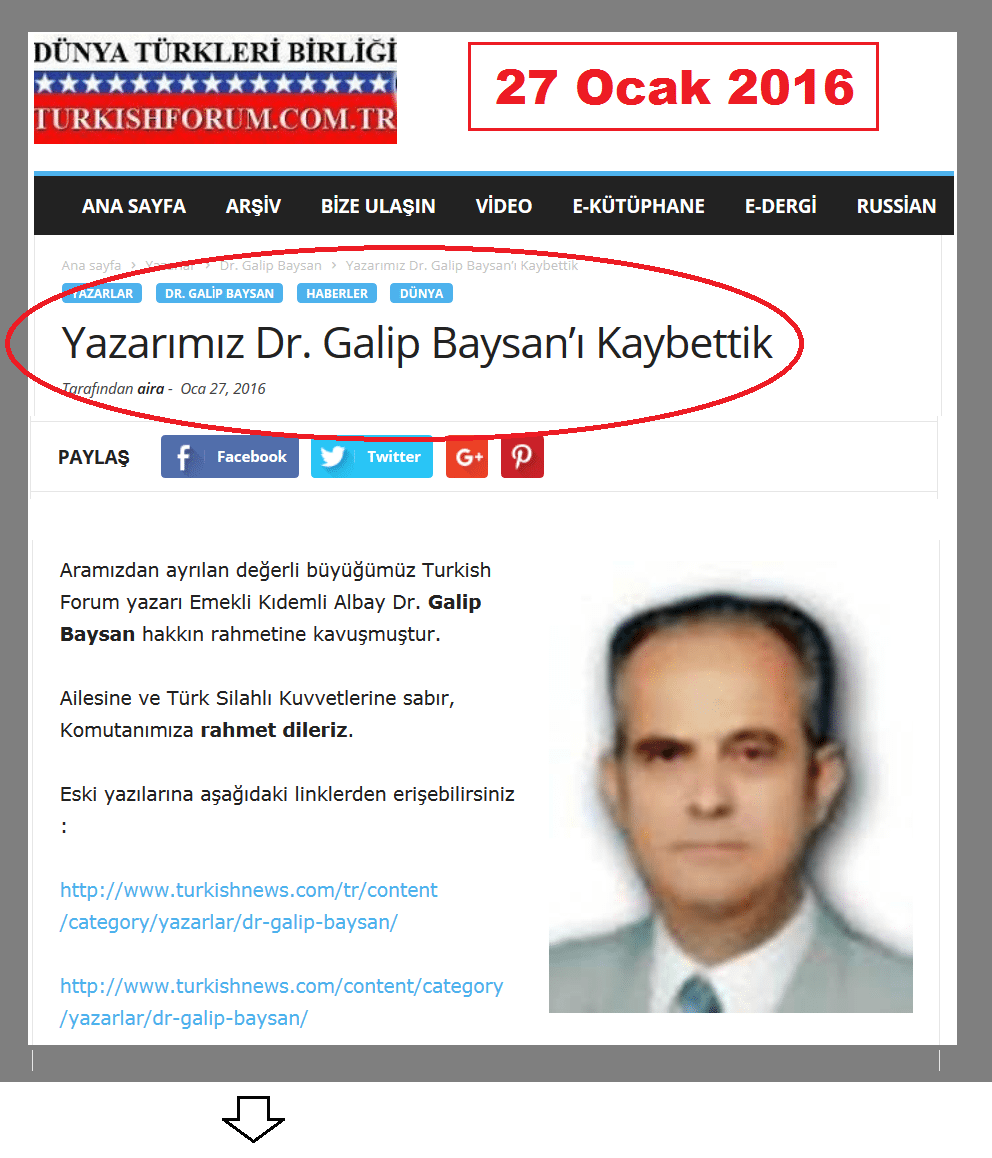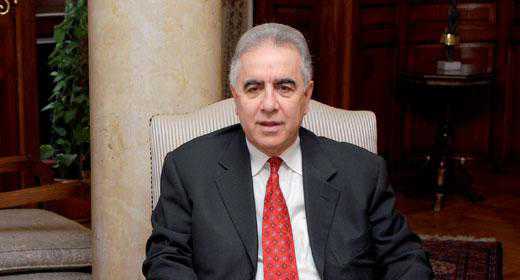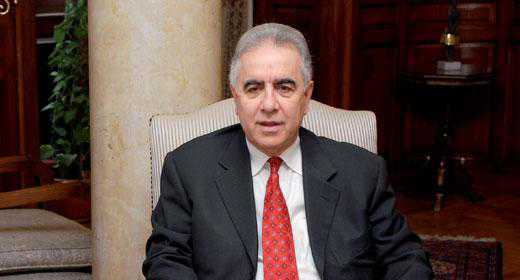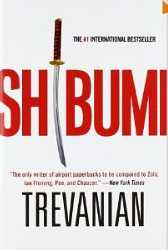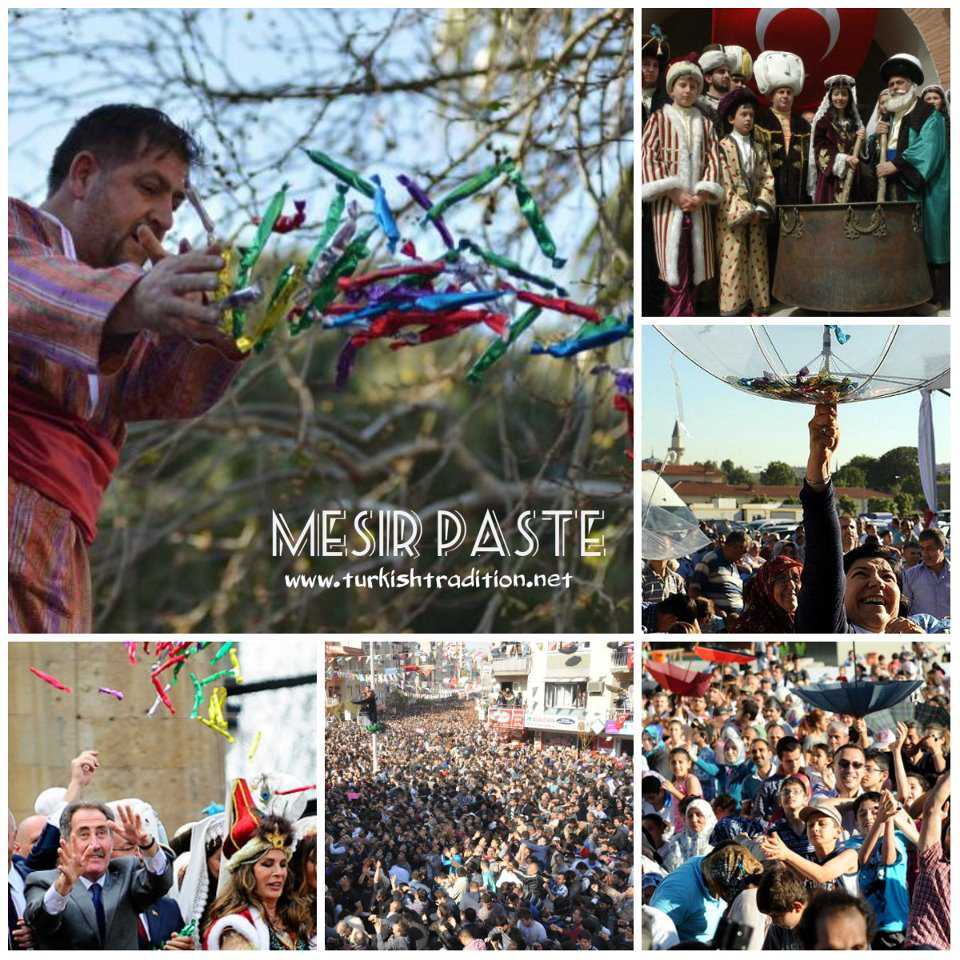WİNSTON CHURCHİLL AND GALLİPOLİ COMPAİN
( 18th MARCH 1915)
( PART–2 )
İn the Autumn of 1899 a war broke out in the South African Republic (Transvaal) and the Orange Free State. There was a new and wonderful opportunity for Churchill to exercise his talents as a war correspondent. The Morning Post quickly took advantage of his availibility. To his amazement he was offered a contract which guaranteed 250 Pound a month, plus expenses, for covering the South African conflict. While he was there and trying to make his job in the best way, his train was attacked by Boers. As a result of fighting The Boers took more than 75 prisoners. One of them was Mr. Churchill.
He was herded off to an officers’ prisoner of war camp at Pretoria. (1) Churchill with his other two friends agreed upon an escape plan and after many adventures he succeeded. İn June 1900 both Johannesburg and Pretoria were captured by the British Army. Churchill participated in both engagements. And than he returned to England. Almost ten months’ accumulated salary from the Morning Post left him extremely well of financially. He went to Oldham, the scene of his first political defeat and try once again for a seat in Parliament. This time, as being a war hero, he won the elections and in February1901 he made his first appearance as a member of the House of Common.
İn 1904 Churchill severed his connection with the Conservative Party and dramatically took a seat next to Lloyd George on the Liberal side of the House of Commons. İn the next election which was held on January 1906 Liberals won by a huge majority.The new Prime Minister appointed the 31 years old Churchill Under- Secretary for the Colonies. Despite his intense involvement in politics, Churchill found time during these early days of his political career to write a two volume biography of his father. Some critics consider this biography, entitled “Lord Randolph Churchill” to be one of his best works. İn the same time he married with Clementine Hazier on September 12, 1908 and in the course of time five children was born to the Churchills.
In 1910 he was moved to the Home Office. Toward the end of his term as Home Secretary, he was required to put down a series of violent doc and railway strikes that were sweeping the country.To preserve order Churchill called out the troops. As a result, demonstrations occurred and a number of people were killed. For his part in this bloodshed Churchill was bitterly denounced by the unions.(2)
İn the summer of 1911 an unexpected opportunity arouse for him to meet some of his ambitious. At that time during the course of a brifing about international crisis , The Asquit Government had been schocked to learn that the Admiralty was not prepared to carry out its wartime missions in support of the Army.To their amazement, Cabinet Ministers at the time were told that the Royal Navy was unable to transport British Expeditionary Force, across the English Channnel. They also learned that the Admiralty was unwilling to creat a Naval War Staff. İt became clear to Prime Minister Asquit and his colleagues that a new First Lord of the Admiralty had to be appointed to institute basic reforms. Churchill, then Home Secretary angled for the job, and his mentor Lloyd George, proposed him for it. Predictably, his candidacy was hampered by his youth.At thirty-six he was already, with a solitary exception, the youngest person ever to serve as Home Secretary; and his many enemies, who claimed that he had pushed himself forward unseemly haste, argued that he had run ahead of himself.
To them he appeared to posses in excess charasteristic faults of youth: obstinacy, inexperience, poor judgement and impulsiveness.Beside these he often changed his views;and since he always held his views passionately, his change of mind were as violent and extreme as they were fraquent. He had been a Tory and now was a Liberal. He had been the most pro-German of ministers and had became the most anti-German. He had been the leading pro-Turk in the cabinet and was to became the most anti-Turk. The other leading contender for the position of First Lord expressed warm admiration for Churchill’s energy and courage, but echoed the usual accusation that the young Home Secretary was too apt “ to act first and think afterwards.” For whatever reason, the Prime Minister decided to take a chance on Churchill. (3)
As a First Lord of Admiralty, Winston Churchill surrounded himself with a group of well trained advisers, one of them was a retired Admiral John Fisher. He was almost 74 years old when churchill, against some opposition, called him back to the service. The two, made a wonderful team despite the differences in their ages. İn accordance with the evaluation of his one friend (doughter of Prime Minister Asquit) “ Winston found in Fisher a veritable volcano of knowledge and of inspiration.” (4) The impact of Churchill’s personality vibrated through the Admiralty. He created an efficient and capable staff, framing a joint strategy for the Navy in close union with Army.
He and his staff spend every afford to meet the urgent need to increase gun-powder and the speed of the new ships and to prepare against a sudden attack by Germany as though it may come next day. He decreed that Naval officers as well as resident clerks should be on duty night and day on week-days, Sundays and holidays, so that in the event of a surprise attack no moment should be lost in giving the alarm. Naturally there were new appointments to be made- some admirals transferred to other duties and some new comers joint the new headquarters. He also ordered a large chart of the North Sea to be hung up upon the wall behind his chair. On this chart a staff officer marked the position of German Fleet with flags. His first Job was to look at this map every morning. (5) At the result of all of these measures when England entered the First World War on August 4, 1914, the naval superiority of the British navy was undisputed.
DİPNOTLAR:
(1) Quentin Reynolds: Winston Churchill, p.52-54 (Random House New York-1963)
(2) Q.Reynolds, p.72-78
(3) David Fromkin: A Peace The End All Peace, p.52 (Avan Books, New York-1990)
(4) Violet Benham Carter: Winston Churchill, As I Knew Him,p.240 (The Reprint Society, London- 1966)
(5) Q.Reynolds,p.82-83
Dr. M. Galip Baysan

